理学学士(药物化学)
Bachelor of Science - Medicinal Chemistry

学历文凭
Bachelor Degree

专业院系
Science

开学时间

课程时长

课程学费

国际学生入学条件
IDP—雅思考试联合主办方

雅思考试总分
6.5
- 雅思总分:6.5
- 托福网考总分:79
- 托福笔试总分:550
- 其他语言考试:PTE Academic - Overall score: 58 (Listening score: 50; Reading score: 50; Writing score: 50; Speaking score: 50)
CRICOS代码:
申请截止日期: 请与IDP联系 以获取详细信息。
课程简介
The Bachelor of Science course offers students a comprehensive education in science, providing both a broad foundation and specialized training in one or more disciplines. With its flexible structure and diverse selection of majors and minors, the program enables learners to explore new areas, strengthen their expertise, and pursue interests beyond their primary field of specialization.Students enrolled in the course receive training in essential competencies, including critical thinking, problem-solving, quantitative and information literacy, communication and presentation skills, and the ability to collaborate effectively in teams. Additionally, they develop knowledge and proficiency in at least one scientific discipline, ensuring a strong foundation for careers in science or related fields that rely on scientific understanding and skills.Graduates of the program are well-prepared for a variety of career pathways, as well as opportunities for honors and postgraduate studies. They can seek employment in traditional and emerging scientific roles across the public, private, and non-profit sectors. Potential career options span a wide range of industries, including journalism and publishing, business research and analysis, public relations and marketing, banking and finance, human resources, training and development, public service, diplomacy, policy-making, social and community services, counseling, and social welfare.
相关申请
 预科
预科 奖学金
奖学金 实习机会
实习机会 在校学习
在校学习 跨境学习
跨境学习 校园授课-线上开始
校园授课-线上开始 在线/远程学习
在线/远程学习
开学时间&学费
学费信息仅供参考,请与IDP联系以获取详细信息
| 开学时间 | 时长 | 学费 | 地点 |
|---|
本校相关课程

理科学士
学历文凭
Bachelor Degree
开学日期
课程费用总额

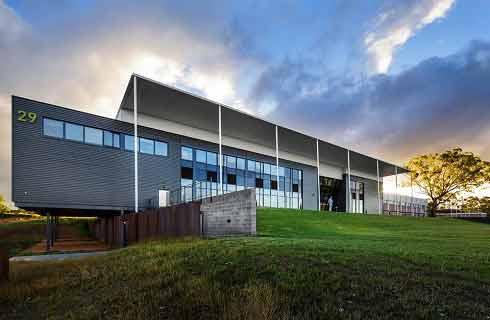
计算机科学学士
学历文凭
Bachelor Degree
开学日期
课程费用总额


医学生物科学学士
学历文凭
Bachelor Degree
开学日期
课程费用总额


理学学士(生物技术)
学历文凭
Bachelor Degree
开学日期
课程费用总额


理学学士(荣誉学位)
学历文凭
Bachelor Degree with Honours
开学日期
课程费用总额

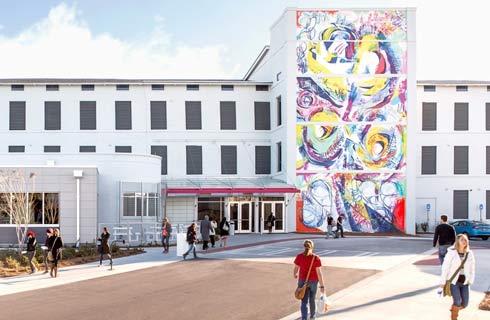
食品科学与技术学士学位
学历文凭
Bachelor Degree
开学日期
课程费用总额

其他相关课程

医学检验科学学士
 查尔斯·达尔文大学
查尔斯·达尔文大学泰晤士高等教育世界大学排名:417
学历文凭
Bachelor Degree
开学日期
课程费用总额


整骨医学硕士
 南十字星大学
南十字星大学泰晤士高等教育世界大学排名:456
学历文凭
Masters Degree (Coursework)
开学日期
课程费用总额

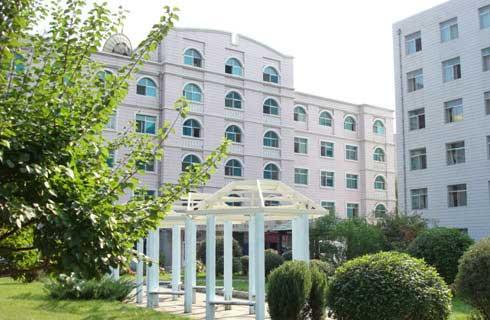
临床科学学士
 查尔斯特大学
查尔斯特大学泰晤士高等教育世界大学排名:631
学历文凭
Bachelor Degree
开学日期
课程费用总额


骨科硕士
 乐卓博大学
乐卓博大学泰晤士高等教育世界大学排名:267
学历文凭
Masters Degree (Coursework)
开学日期
课程费用总额

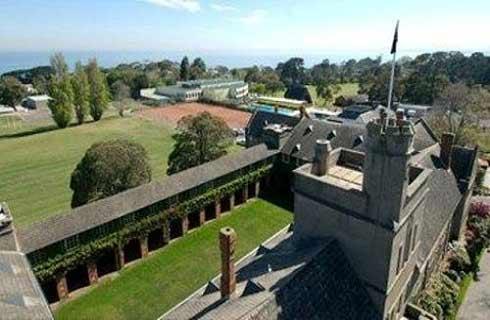
临床修复和矫正硕士
 乐卓博大学
乐卓博大学泰晤士高等教育世界大学排名:267
学历文凭
Masters Degree (Coursework)
开学日期
课程费用总额

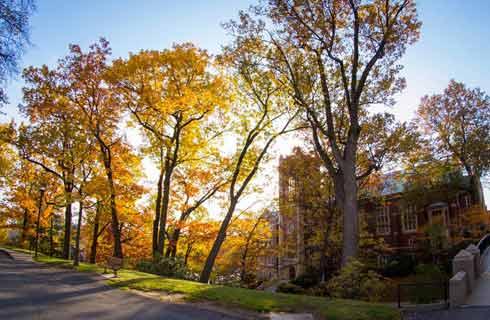
癌症和血液学护理研究生文凭
 悉尼大学
悉尼大学泰晤士高等教育世界大学排名:54
学历文凭
Graduate Diploma
开学日期
课程费用总额











